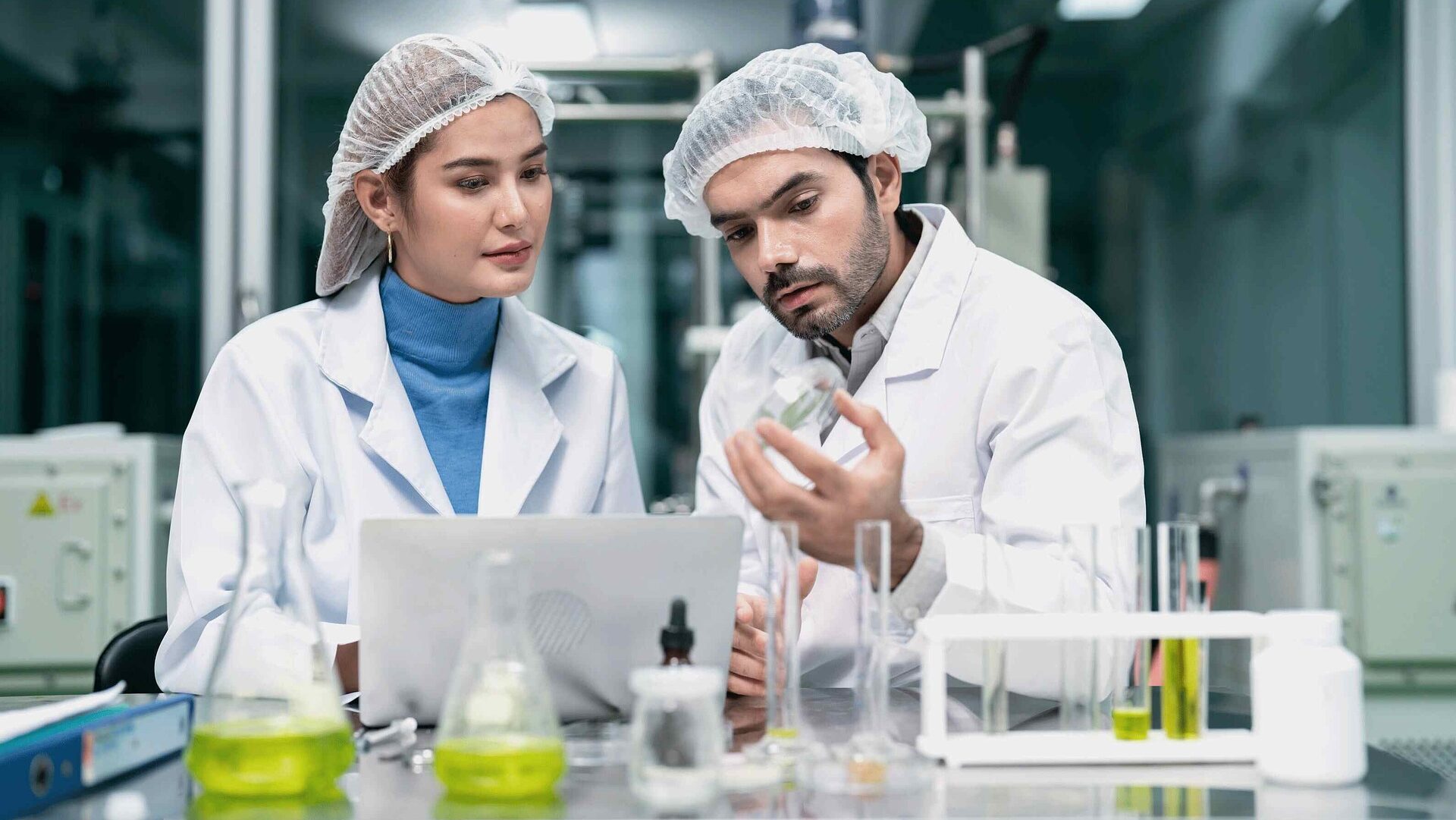Reading Time – 6 Minutes, Difficulty Level – 1/5
By now there is a high chance that you may have heard the words clinical trials, clinical research, drug approvals, phase 3, and everything related to them. Since December 2019 when the first cases of COVID-19 were identified, we have been hearing and reading a lot about this topic and we have been asking many questions: how a new drug is created and tested, how do we know they are safe, who protects the rights and wellbeing of the people who are using the drug? How long does it take for a drug to be approved and available to anyone who needs it?
So many questions have been answered to some extent, but are still being asked by many. There is a huge world to explore and I am committed to provide simple but significant answers to everyone.
Let’s start learning about this vast world.
Understanding Some Main Concepts
Clinical trials: research studies that involve people where the efficacy and safety, among other things, of an interventional product is tested. These studies must follow strict protocols (plans) that are highly controlled during the different phases of a clinical trial.
Interventional product: drugs, vaccines, surgical procedures, medical devices, genetic therapies. We normally associate clinical trials to drugs, but other products must also be tested before they can be used in or on humans.
Clinical trial phases: series of steps in which the drug is tested.
Phases of a Clinical Trial

As in every process where something is being tested or developed, there are steps to follow. When we speak of drugs, the first step takes place in the laboratory when the idea of a new drug emerges. This phase is called the pre-clinical research phase. Researchers will look for information on whether the drug could potentially be safe for humans or not.
After identifying the most promising treatments, those that will likely work in people, the drug continues its journey into clinical trials. Before these trials can commence, the research must be approved by different authorities.
Clinical trials have four phases:
- Phase 1: this is the first time the drug is tested in humans; during the pre-clinical studies the drug is evaluated in cells and animals. Between 20-100 healthy volunteers or people with the disease/condition participates in Phase 1 studies for several months and researchers evaluate different dosing schemes and collect information about how the drug interacts with the body, how much is tolerated (safe dose), and determine the side effects it might have. Phase 1 studies are closely controlled.
- Phase 2: if the drug is found to be safe then it can be moved to the second phase where approximately 100-300 people with the disease/condition participates in the study (at this point the drug is no longer tested on healthy volunteers). Researchers here will evaluate the safety and efficacy of the drug for several months and can go up to two years, where they will identify the most effective dose and continue monitoring for any side effects; there is more opportunity to observe them since there are more participants. Commonly during phase 2 studies, participants are randomized (meaning by chance) to receive the experimental drug or placebo (a substance without an active drug). These studies are also often double-blind (neither the participant nor the physician knows which treatment is assigned).
- Phase 3: the drug continues to be promising so it advances to Phase 3. A larger group of individuals (300 to 3000 people with the disease/condition under study) are selected to participate in the study from one to four years. By this time, investigators have valuable data collected from previous phases, nevertheless, safety and efficacy continues to be one of the main points to study. As in Phase 2, participants are randomized to receive the experimental drug or placebo.
- Phase 4: once Phase 3 studies are completed and a substantial amount of data is collected, the pharmaceutical company who owns the drug will request approval from a regulatory agency (e.g Food and Drug Administration (FDA) in the U.S.) to market the drug. Researchers are still looking for answers to various questions so Phase 4 studies continue testing the drug and collecting data, now from several thousand people with the disease/condition.
All clinical trials must follow detailed protocols (plans). Doing this ensures that the drug being tested is highly controlled throughout its development and testing process.
Clinical trials are conducted all over the world at the same time and follow the same protocols. As each phase progresses, the drug is tested in more and more individuals, resulting in increased data collection and more robust results.
Volunteers who participate in the different phases of a clinical trial are true heroes, not only looking for a cure for themselves but for many others who are waiting to be treated.
References:
- Canadian Institutes of Health Research website 2022, What are clinical trials?, Canadian Government, accessed 27 March 2024, https://cihr-irsc.gc.ca/e/52988.html
- U.S Food & Drug Administration 2018, Step 3: Clinical Research, accessed 27 March 2024, https://www.fda.gov/patients/drug-development-process/step-3-clinical-research
- National Institutes of Health 2022, U.S. Department of Health & Human Services, accessed 25 March 2024, https://www.nih.gov/health-information/nih-clinical-research-trials-you/basics

I have always been passionate about Natural Science so, holding a bachelor’s degree in Biochemistry has given me the chance to learn and explore different science subjects. I keep my internal batteries charged by spending time in nature, playing sports, reading literature (Dostoevsky, Chekov, Sacks, Gabaldon are some of my favorites), writing and watching out of this world series like Star Trek, Star Wars and Outlander.









1 Comment
Excelente explicación
Gracias!